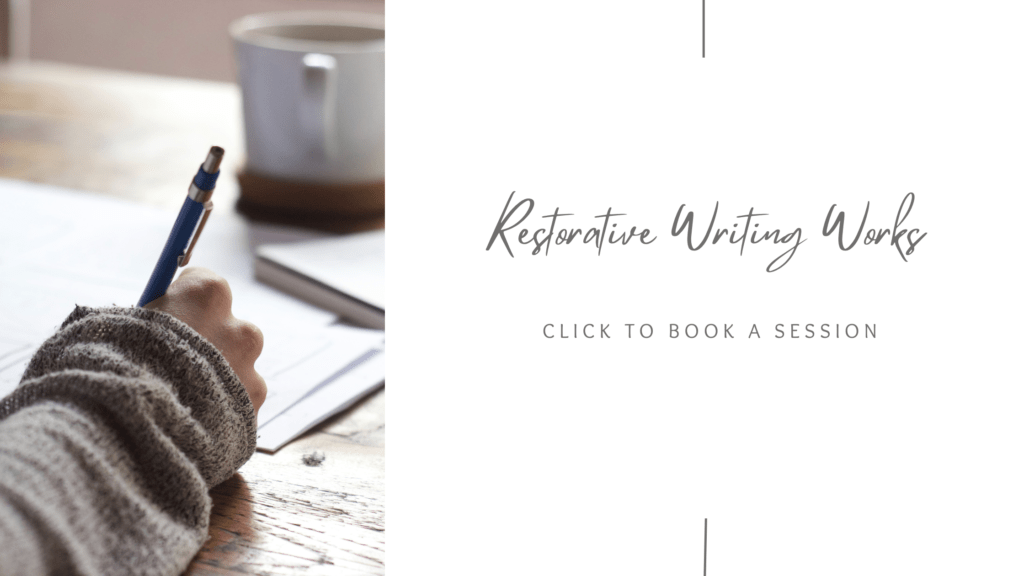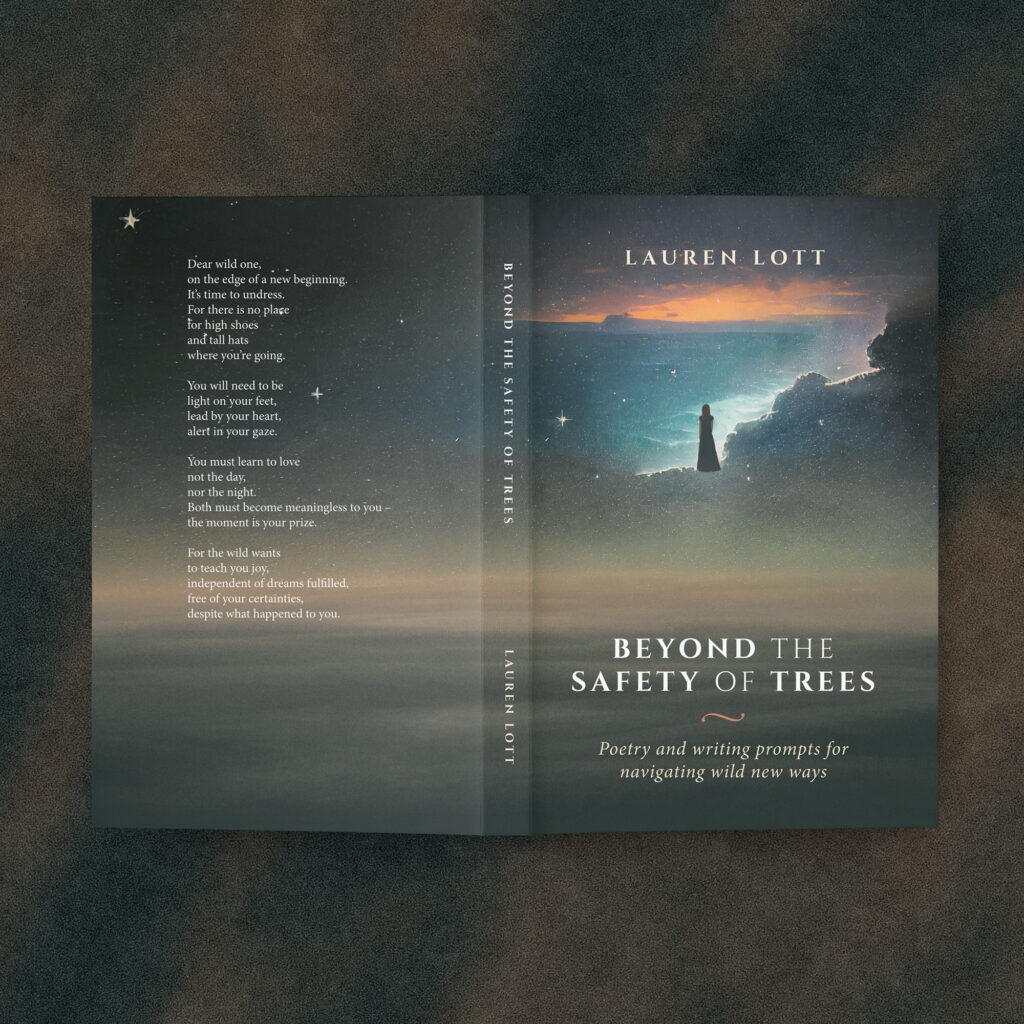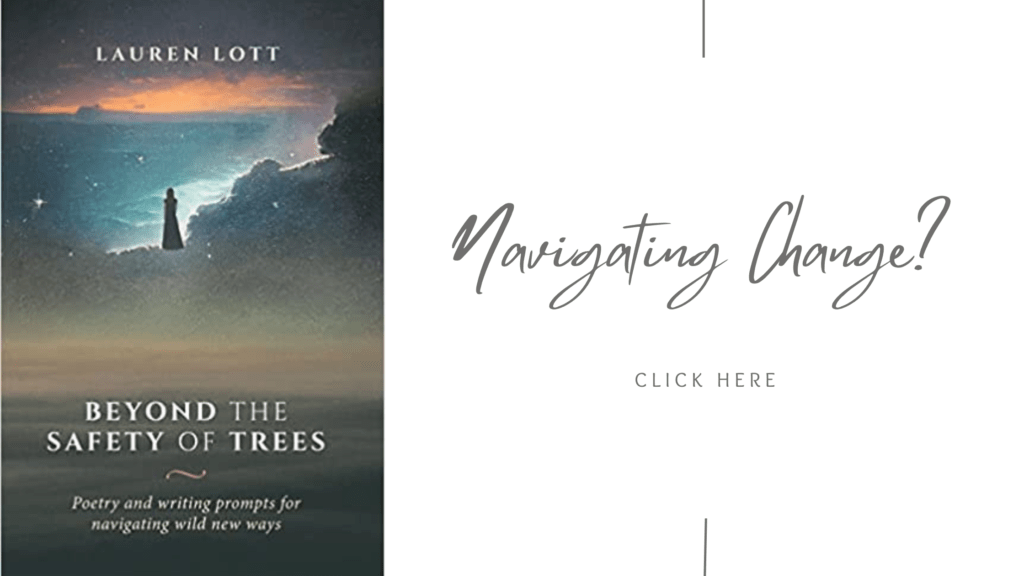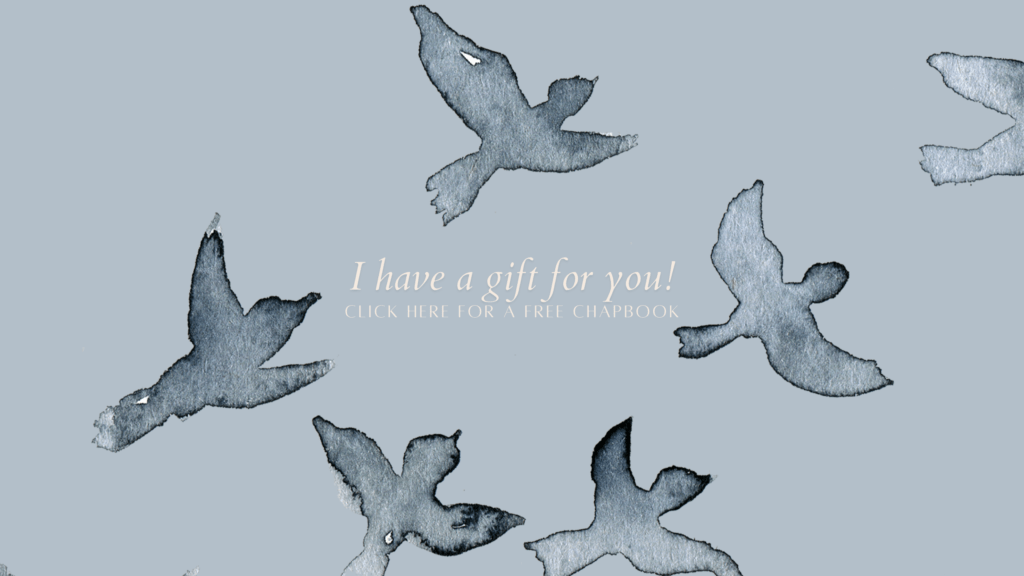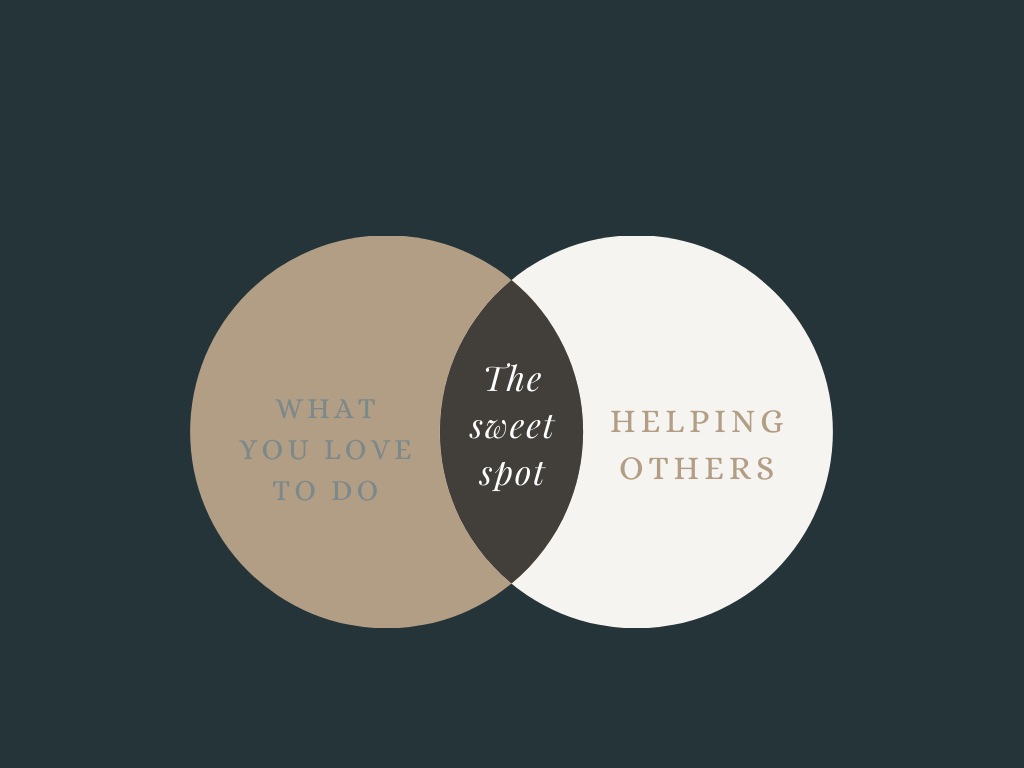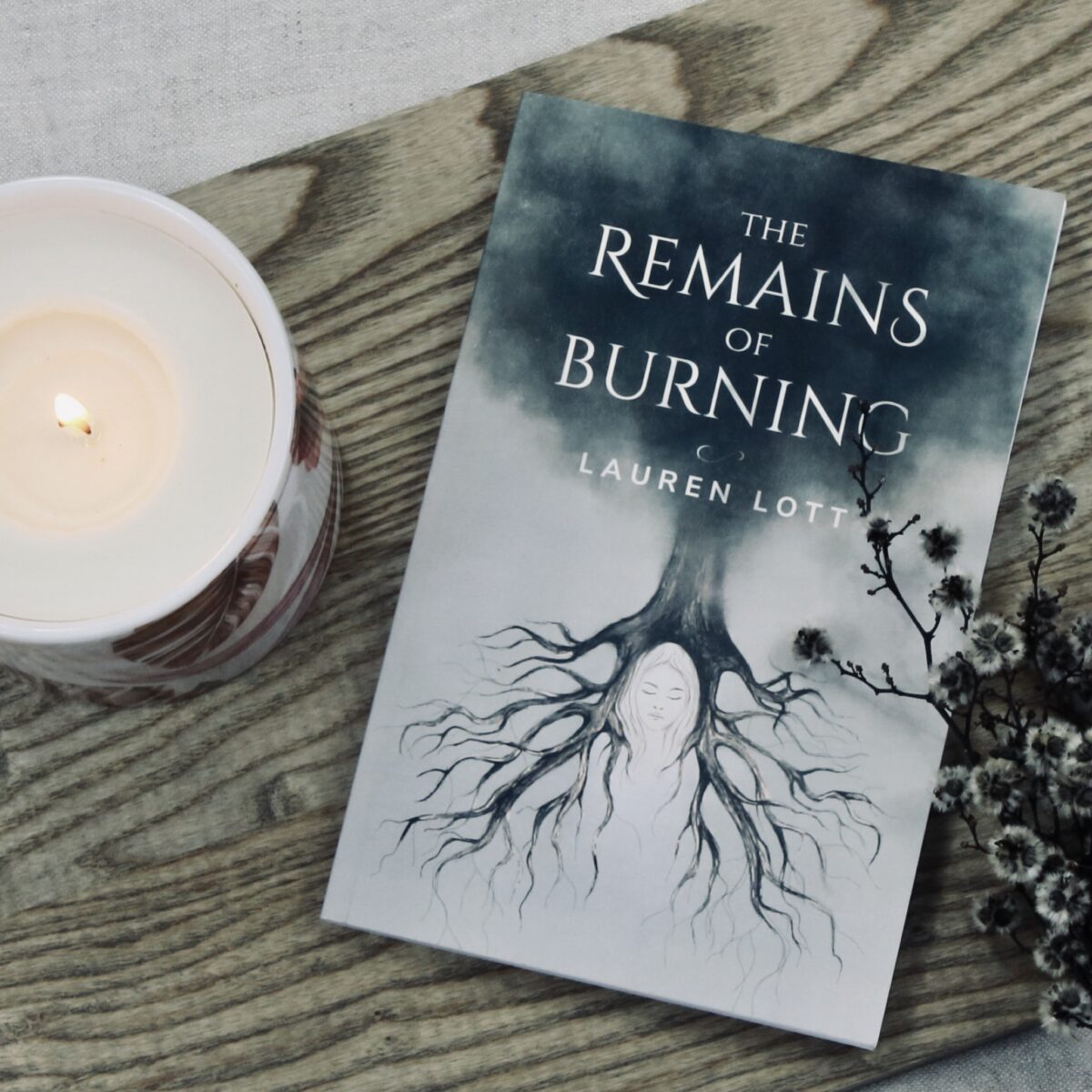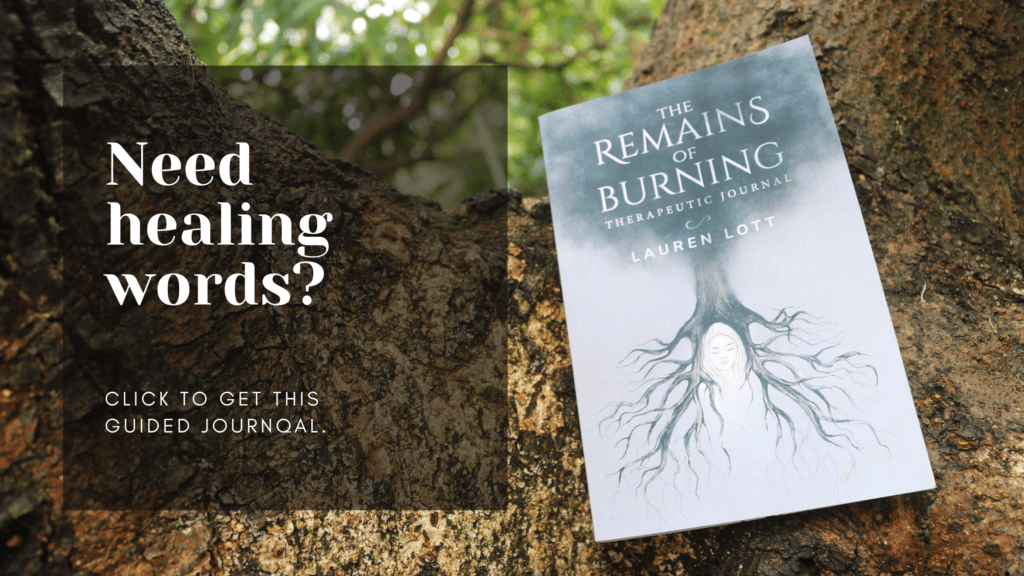First, let me explain what I mean when I say ‘inner wild’. Simply, it’s that part of us that dares, that plays, that dreams and knows we were born to be free. Because life is life, our inner wild can fall by the wasteside and we can lose touch with what makes us feel alive. A ‘wilderness experience’ can wake us up to how we have settled. We can see that just because life is good doesn’t necessarily mean we are free.
In my life, I can look back on my late twenties and thirties and see that there were about 12 years that all looked the same. Every year, a carbon copy. You’ve heard of Groundhog Day; well, these were my Groundhog Years. Yes, I had small children at the time so there wasn’t much spontaneity going on. Lord knows when a child is in a routine so is a new mother. However, it was more than being a young mum that made these years tedious. I neglected myself; swapped my dreams for someone else’s expectations. It was only when I couldn’t fulfil those expectations that I saw how my inner wild had been tamed.
To experience the best of life, our inner wild must be nurtured. The following 7 journal prompts were created to call attention to your wild side and help you remember who you are.

When was the last time you felt really alive? What were you doing?
Here, try to write about an experience that wasn’t so ‘once in a lifetime’. For example that time you went rock climbing or jumped out of a plane. Look at your everyday life and identify what things you incorporate in your week that make you feel like you’re being true to you.
What did you do for fun as a child?
Most kids don’t ask for permission to be themselves. They move toward curiosities without a sense of self consciousness. Remembering how we played and exploring what brought us joy in childhood can re-wild us.
Where do you want to explore?
Don’t be intimidated by the word explore. If you are like me, then the word conjures up images of fleets of sailing ships, or some overly courageous soul cave diving. To explore is simply to engage in a journey for purposes of discovery. It can be as close as your local second hand book store or as far as the ends of the earth. Where you long to go tells a lot about who you are and what is important to you.
What thoughts and feelings arise when you read the words ‘adventure’, ‘possibility’, ‘discovery’?
If someone was to say, ‘let’s go on an adventure’, what kind of adventure do you hope they are talking about? What possibilities do you hope are available to you? What would be an absolute dream discovery? If you’re introverted, you’re probably content with a solitary adventure. Write into the above prompt with your personality and temperament in mind.
Write about your wild side. What makes you unique, daring and edgy?
You may be thinking that you don’t have an ‘edge’. Well, that’s simply untrue. Your edge is being you. Many people tell me that they would not be brave enough to write or speak in front of others. For me, it’s like taking a shower. No biggy. I don’t care if what I say or write is cringe. I don’t mind appearing a fool. This is my edge. You’ve got an ‘edge’ too.
What images come to mind when you think about the words, ‘wild new ways’?
Maybe you see yourself navigating a new city, changing jobs, starting a family, leaving home, ending a relationship, starting a business, engaging in further education, or simply stopping, being still when you have been running all your life. Write about what you see and what is calling to you.
The word ‘wild’ is often paired with the word ‘free’. Is there any part of your life in which you do not feel free?
Firstly, it’s important to know that freedom is an ‘inside thing’. Negative thoughts and emotions can act as anchors and hold us down. Write about the feelings and thoughts you wish to be free of and the feelings and thoughts that will replace them. To do this you will need to take a good look at the narratives you tell yourself. Using this prompt requires bravery. It is hard to look at truths. However, I suggest you don’t skip it because it can really benefit you.
For more monthly prompts like these subscribe to my newsletter.
